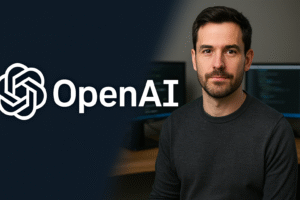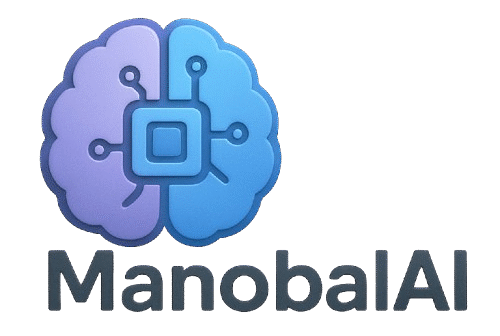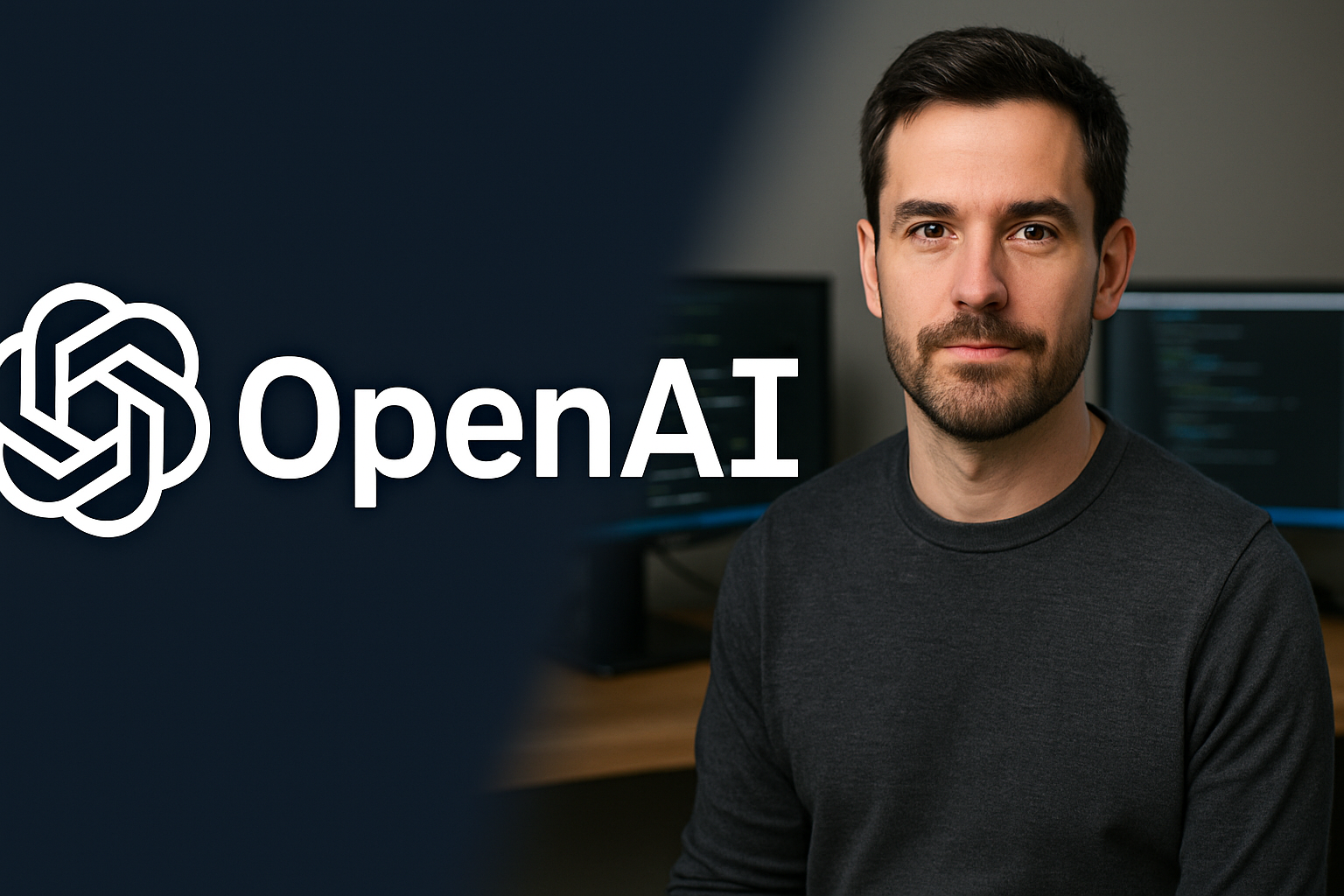Introduction – AI Agent for developers
Openai Codex : Best AI Tool For Professional Developers : Software development in 2025 is growing rapidly and in the coming time this development is going to be even more advanced, but if you are not using this ai tool then you can be left behind. I am talking about openai codex. . It will write the complete code for you and it works like an ai agent, you want to get anything made, just write a prompt and it will generate the complete code and give it to you without any tension.

If you are a professional developer – whether full stack, backend, frontend, DevOps or data engineer – Codex can become your AI co-pilot. In this blog we will deep dive into how Codex is the best tool for developers, what are the use-cases, and how to make the best use of it with real examples.
What is OpenAI Codex?
OpenAI Codex is an advanced AI model that translates natural language (like English) into code. It is based on the coding version of GPT-3 and is trained from GitHub’s public repos.
You write: “Create a REST API in Flask”
Codex will write: Full working Flask API code with comments.
It understands 10+ programming languages:
- Python
- JavaScript
- Java
- C++
- HTML / CSS
- SQL
- Shell scripting
- …and more!
Why is OpenAI Codex the Best Tool for Developers in 2025?
1. Time Efficiency = More Deployments
For professional developers time is money. Codex helps in writing repetitive code like:
- Boilerplate code generation
- form validations
- API routes setup
- css components
- React props & states
This allows you to focus more on core business logic and complex problem solving.
2. Complex Logic Simplified
Codex not only writes code, but also helps you understand — especially when there are complex algorithms or unknown libraries.
Example:
“Write a function to detect anomalies in real-time data using Python”
Codex can generate working code using Pandas + Scikit-learn, even suggest improvements!
3. Smart Debugging Assistant
Bugs are a critical hot spot in a professional environment. Suggestions are given by reading the Codex error trace.
Example:
“Fix the error: TypeError: ‘NoneType’ object is not subscriptable”
Codex will suggest — where you missed returning a value or using if var is not None: check.
4. Cross-Language Support for Full Stack Devs
A dev sometimes has to create HTML, sometimes SQL query, sometimes backend API and sometimes Dockerfile. Codex helps everywhere.
You can switch between:
- React ➝ Express ➝ MongoDB
- Django ➝ PostgreSQL ➝ Redis
- Bash ➝ Docker ➝ Kubernetes
All from one tool — with smart suggestions.
5. Auto Documentation & Code Comments
Making comments and documentation after writing the code is a boring task. Codex automates that too.
Just say: “Add comments to this code”
And boom — line-by-line explanation is there.
Codex Tools Every Developer Must Try
1. GitHub Copilot (Based on Codex)
- Real-time AI suggestions in VS Code
- Auto-completes functions, loops, even entire components
2. OpenAI Codex API
- Direct API access for building Codex-powered apps (internal tools, SaaS platforms, etc.)
- Available via OpenAI dashboard (paid access)
3. Replit Ghostwriter
- Live Codex-powered suggestions in Online IDE
- Best for devs who work on cloud-based editors
Real Use Cases for Pro Developers (2025)
| Use Case | Benefit |
|---|---|
| Rapid prototyping | Fast MVP development with AI-assisted code |
| Microservices setup | Dockerfile, CI/CD pipeline, config files generation |
| Data pipelines | Pandas, SQL, ETL logic creation |
| Frontend components | React/Next.js elements, styling, animations |
| Security scripts | OWASP guidelines based secure code suggestions |
| Unit tests & bug fixing | Test coverage boost & live debugging |
Codex Integration in Daily Workflow
Step 1: Install VS Code
Download and install Visual Studio Code.
Step 2: Install GitHub Copilot Extension
Use marketplace to install Copilot extension.
Step 3: Login with GitHub
Login with GitHub account (free trial is available for students).
Step 4: Start Typing Code
As you start typing, Codex gives smart suggestions — just like autocomplete but more powerful. so, this is amazing for begginers.
Codex ke Benefits: Developer Level pe Breakdown
| Role | Codex Benefits |
|---|---|
| Frontend Dev | Faster UI design, animation code, responsive layouts |
| Backend Dev | APIs, DB connections, auth logic |
| Data Engineer | Pandas/Numpy/SQL queries generated instantly |
| DevOps Engineer | YAML, Dockerfile, shell scripts by Codex |
| QA/Tester | Unit test cases & automation scripts help |
Is Codex Safe to Use?
Yes — but with code review & logic check.
Because Codex is AI, not perfection. For professional use, it is necessary to test, review, and audit the generated code.
OpenAI itself suggests:
“Codex can assist, but developers must verify security, correctness, and efficiency.”
Limitations of Codex
- Can’t always understand project-specific context
- Sometimes generates inefficient or outdated code.
- Needs human-level validation
- Not reliable for highly secure enterprise logic
Future of Codex for Developers in 2025 & Beyond
- Codex will be integrated more deeply in IDEs
- Team collaboration will make AI pair programmer
- AI-generated code + CI/CD pipelines = auto-deployment
- AI-powered code review & suggestions
Conclusion – Why Codex is the Best AI Tool for Devs in 2025
OpenAI Codex can prove to be a helpful tool in your work, use it and do comment on how useful it was for you and if you liked this blog, then definitely share it with others.
- Saves time
- Boosts productivity
- Reduces burnout
- Increases code quality
People Also Ask (FAQs)
Q. Can Codex create a full project?
Yes, can generate basic structure + logic. You’ll need to test + polish.
Q. Is Codex free?
GitHub Copilot free trial is available. API is paid.
Q. Is Codex reliable at professional level?
Mostly yes — with human review & testing.
Q. Codex or ChatGPT — which is best for developers?
Codex is better for coding. ChatGPT for explanation.

